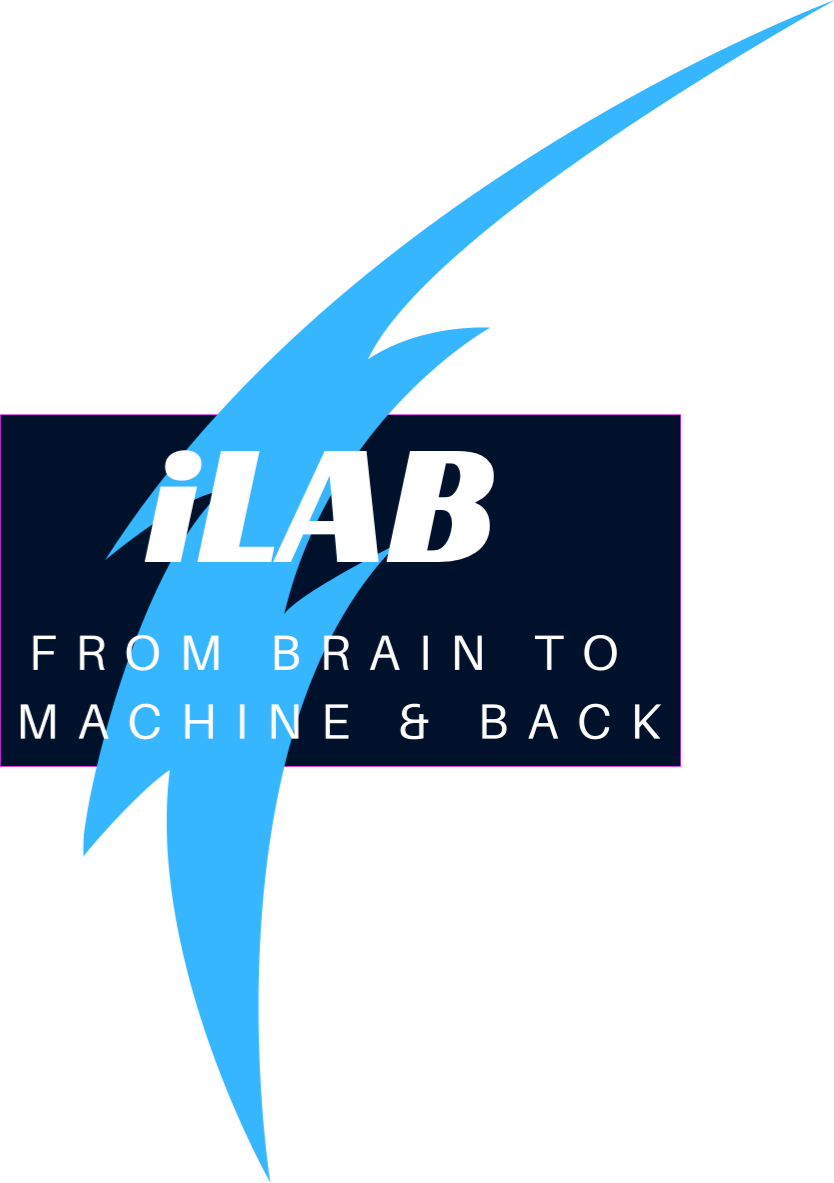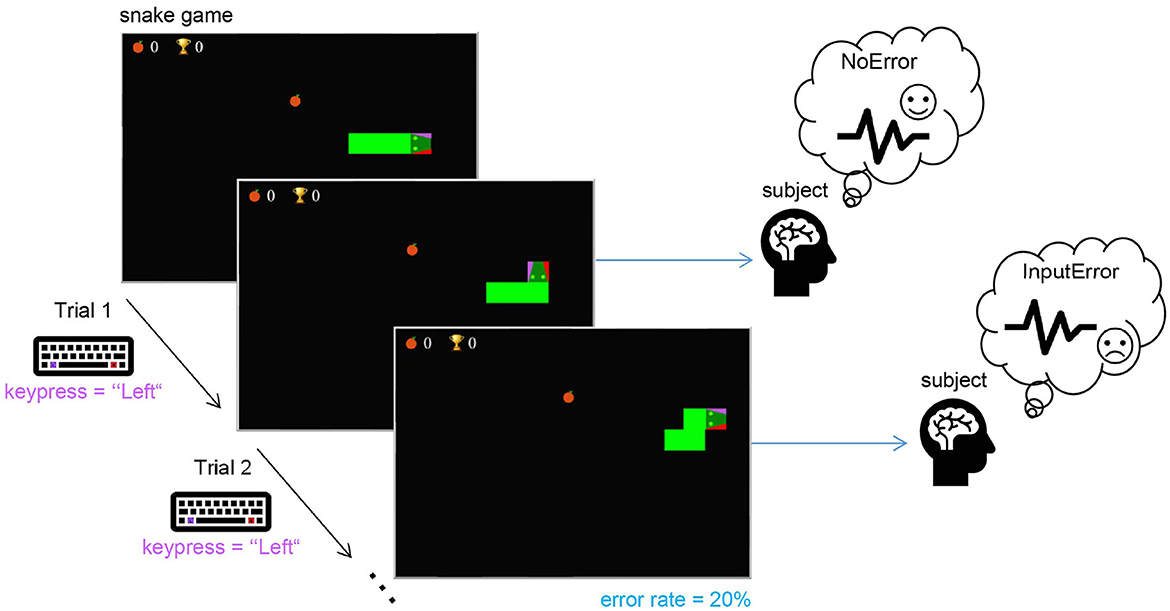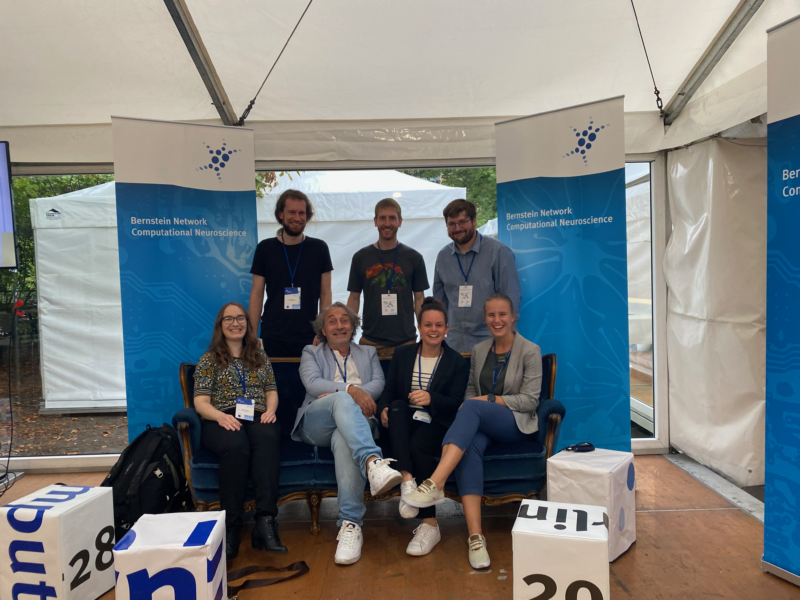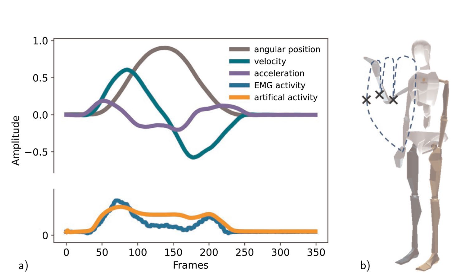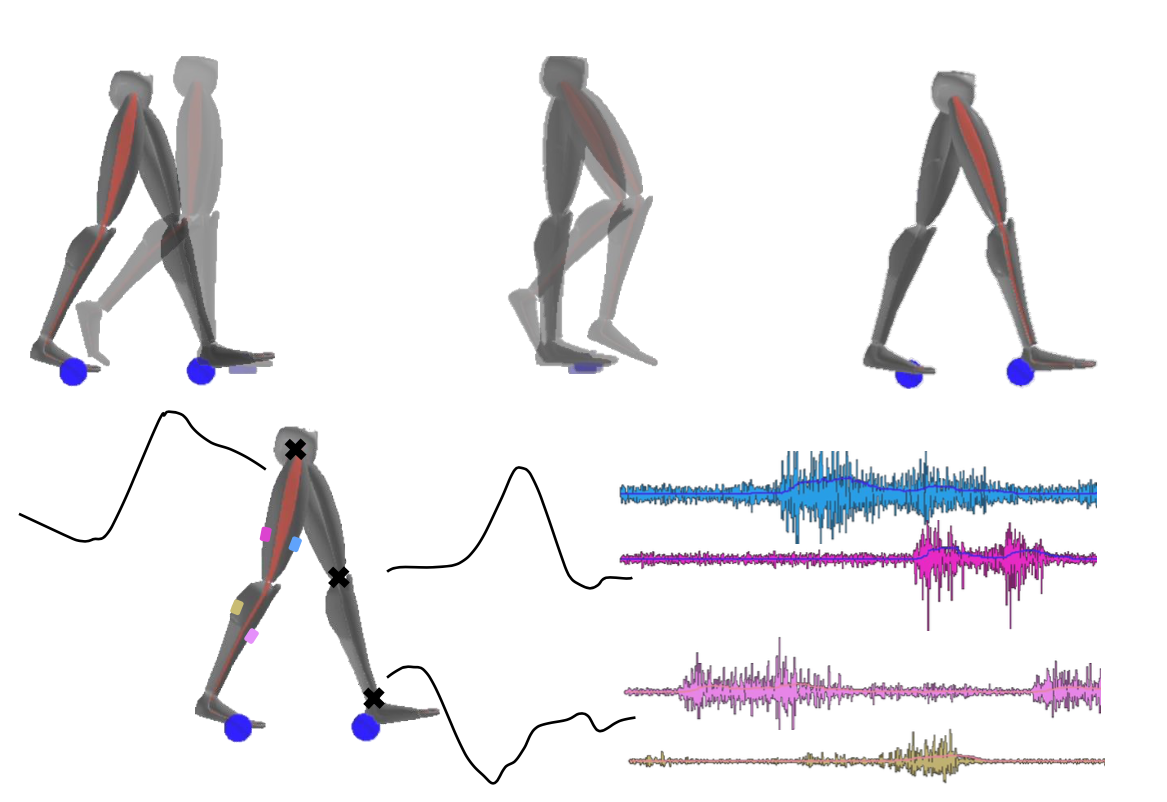Published in Journal of Neurocomputing: Understanding activation patterns in artificial neural networks by exploring stochastic processes: Discriminating generalization from memorization Stephan Johann Lehmler, Muhammad Saif-ur-Rehman, Tobias Glasmachers, Ioannis Iossifidis for more details: https://doi.org/10.1016/j.neucom.2024.128473
Author: jannis
The Iossifidis Lab is excited to announce our participation in the Bernstein Conference 2024! Our team contributed five diverse presentations, highlighting our latest advancements in computational neuroscience. From neural network dynamics to brain-inspired algorithms, our research sparked engaging discussions and collaborations. The conference proved to be an incredible platform for knowledge exchange and networking. We … Read More “Iossifidis Lab at Bernstein Conference 2024” »
https://www.frontiersin.org/journals/human-neuroscience/articles/10.3389/fnhum.2024.1390714/full Aline Xavier Fidêncio1,2,3*Christian Klaes3Ioannis Iossifidis2 Error-related potentials (ErrPs) are brain signals known to be generated as a reaction to erroneous events. Several works have shown that not only self-made errors but also mistakes generated by external agents can elicit such event-related potentials. The possibility of reliably measuring ErrPs through non-invasive techniques has increased the … Read More “A generic error-related potential classifier based on simulated subjects-Frontiers in Human Neuroscience” »
Investigation of the Interplay of Model-Based and Model-Free Learning Using Reinforcement Learning The reward prediction error hypothesis of dopamine in the brain states that activity of dopaminergic neurons in certain brain regions correlates with the reward prediction error that corresponds to the temporal difference error, often used as a learning signal in model free reinforcement … Read More “BCCN23: Investigation of the Interplay of Model-Based and Model-Free Learning Using Reinforcement Learning” »
Iossifidis Lab is participating with 4 publications at the Bernstein Conference 2023 in Berlin. Meet us from 27.09 to 29.09.2023 at the Humboldt Universität zu Berlin and Charité
The upper limbs are crucial in performing daily tasks that require strength, a wide range of motion, and precision. To achieve coordinated motion, planning and timing are critical. Sensory information about the target and the current body state is essential, as well as integrating past experiences, represented by pre-learned inverse dynamics that generate associated muscle … Read More “BCCN23: The link between muscle activity and upper limb kinematics” »
Variability analysis bears the potential to differentiate between healthy and pathological human movements [1]. Our study is conducted in the context of developing a portable glove for the diagnosis of movement disorders. This proposal has methodical as well as technical requirements. Generally, the identification of movement disorders via an analysis of motion data needs to … Read More “BCCN23: Variability study of human hand motion during 3D center-out tasks captured for the diagnosis of movement disorders” »
Non-invasive techniques like EEG can record error-related potentials (ErrPs), neural signals associated with error processing and awareness. ErrPs are generated in response to self-made and external errors, including those produced by the BMI. Since ErrPs are implicitly elicited and don’t add extra workload for the subject, they serve as a natural and intrinsic feedback source … Read More “BCCN23: Exploring Error-related Potentials in Adaptive Brain-Machine Interfaces: Challenges and Investigation of Occurrence and Detection Ratios” »
Published at BioMedical Engineering OnLineMarie D. Schmidt*, Tobias Glasmachers and Ioannis Iossifidis Abstract Background: The underlying motivation of this work is to demonstrate that artificial muscle activity of known and unknown motion can be generated based on motion parameters, such as angular position, acceleration, and velocity of each joint (or the end-effector instead), which are similarly represented … Read More “The concepts of muscle activity generation driven by upper limb kinematics” »
Cerebral palsy (CP) is the most common cause of motor impairment in children. In Germany, around 22,000 children under the age of 15 are affected. To improve motor and cognitive skills in the long term, regular and sustained exercise is medically recommended. RooWalk’s walking aid promotes muscle strength, improves motor control and increases intrinsic motivation … Read More “Vom Rollator für Kinder zum intelligenten Bewegungs–From rollator for children to intelligent movement coach – BmBF.START-Interaktiv” »
